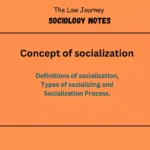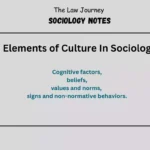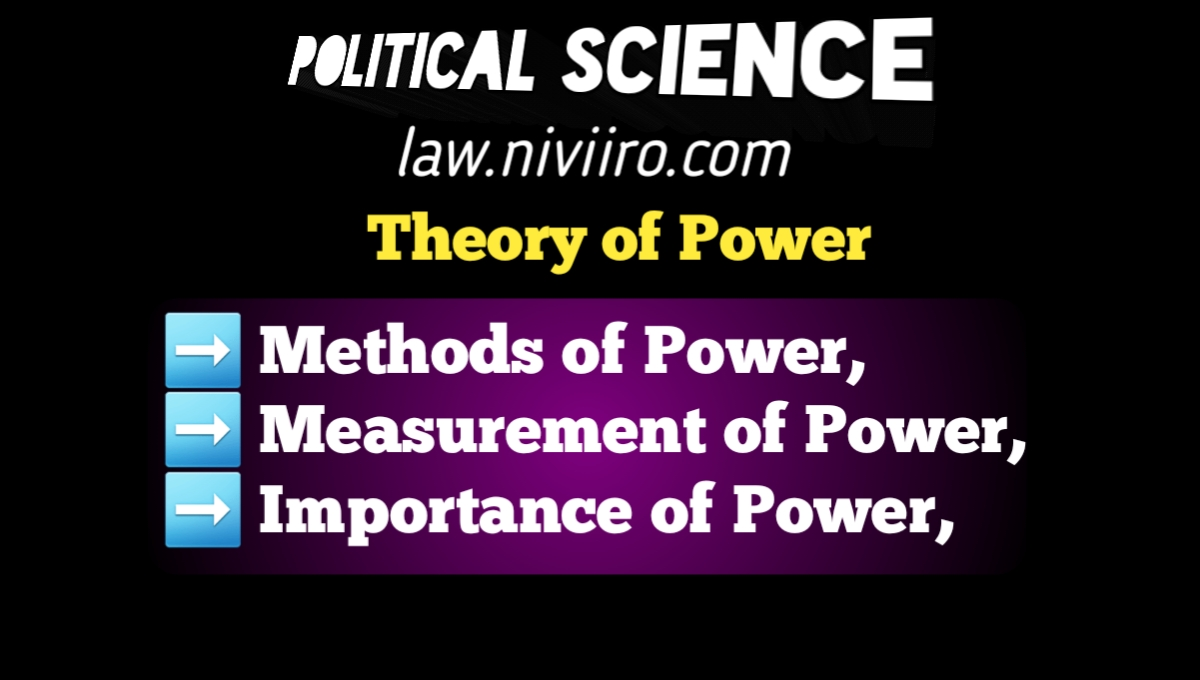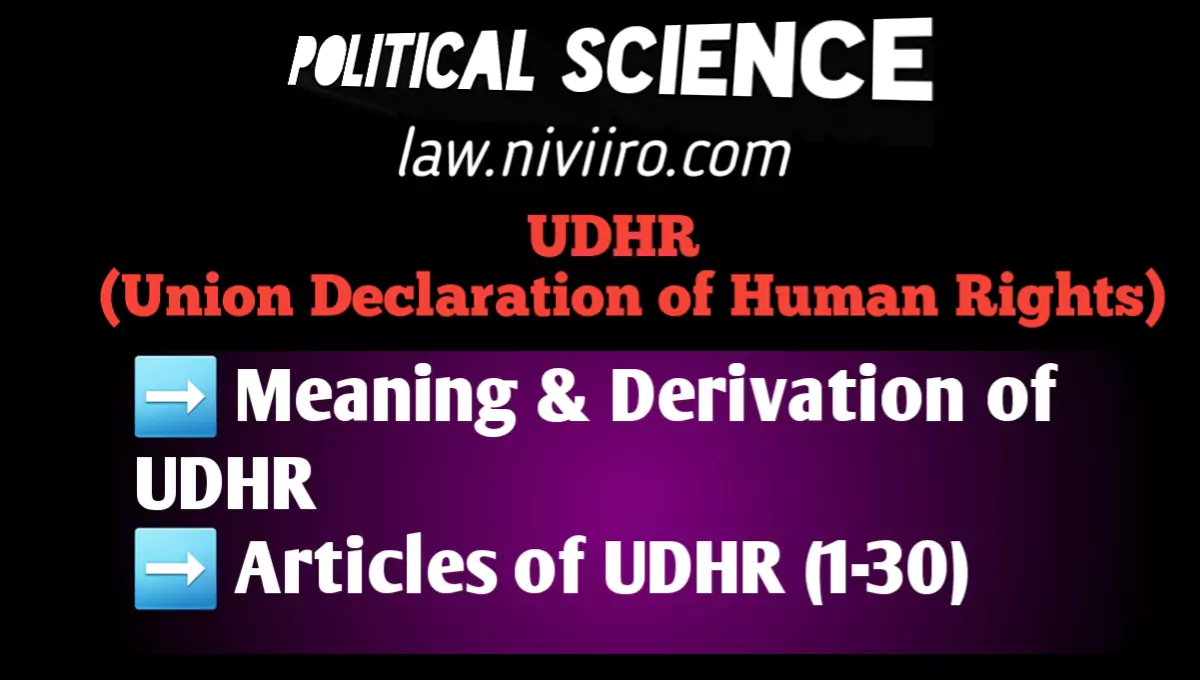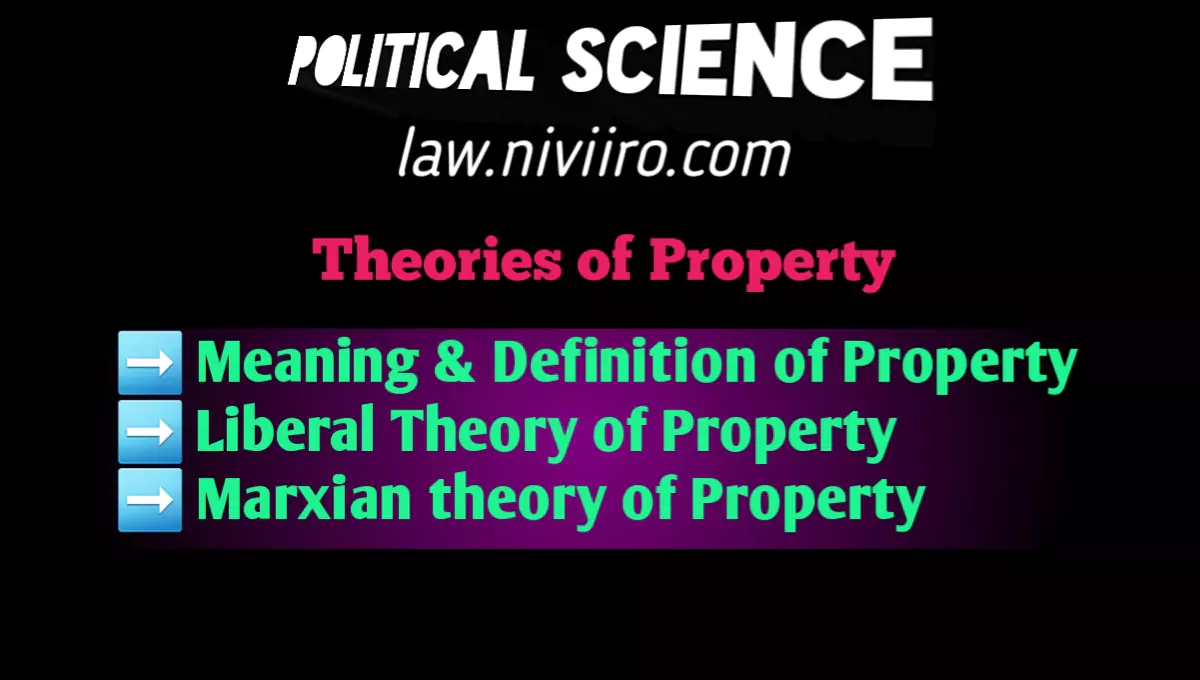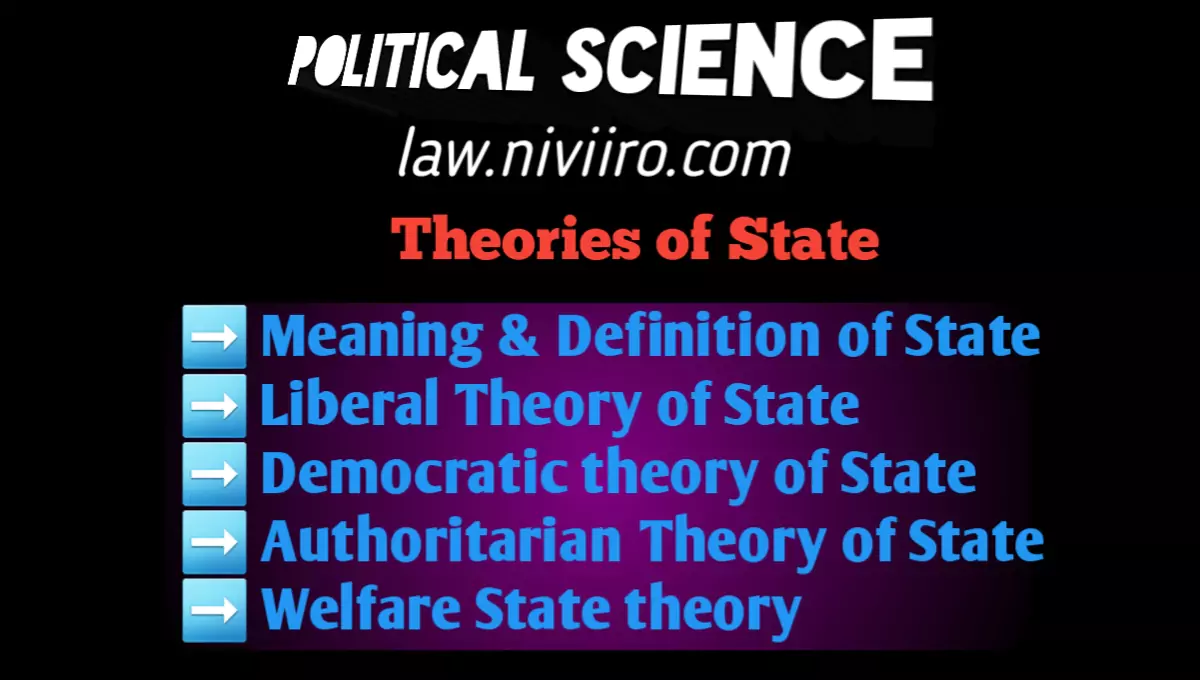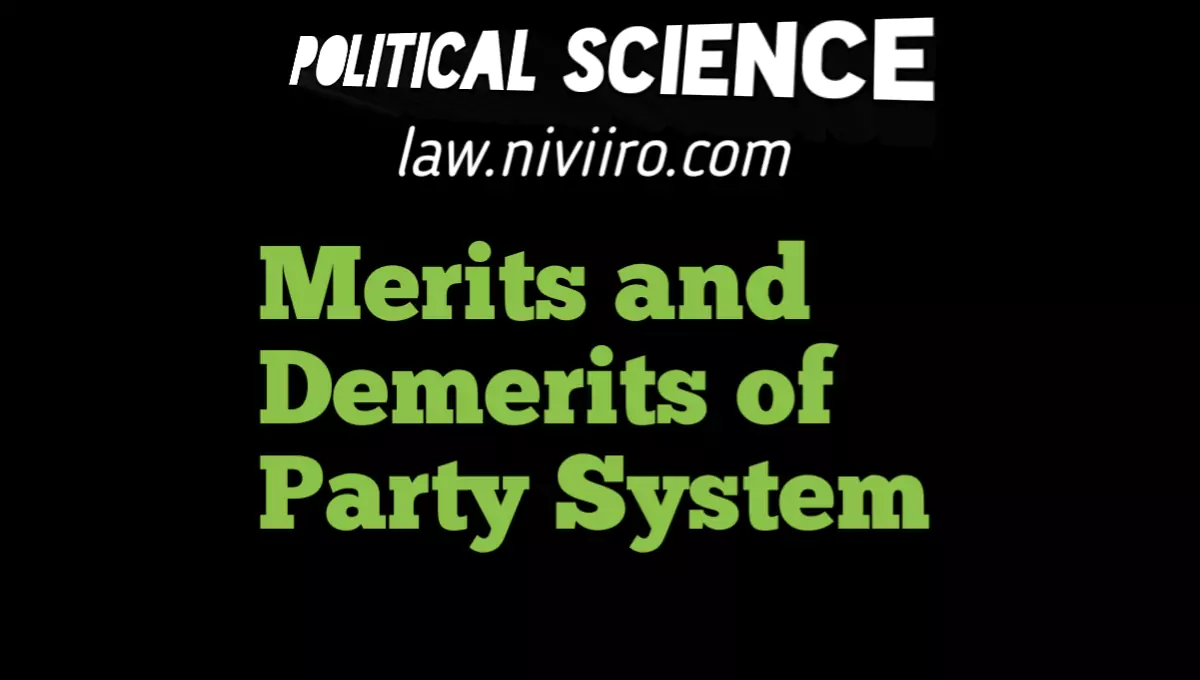Methods of Exercising Power
Methods of exercising power are the following:
1. Persuasion – The most effective way to exercise power is through persuasion. The attempts of various delegates to persuade one another constitute the majority of the activity of international organisations.
2. Punishment – Punishment is the method of exercising power. Rewards and punishments are closely related
3. Reward – Another way to demonstrate dominance is to offer prizes. A diplomat may alter his country’s policies in order to get the approval of another diplomat from another country. Psychological, material, economic, and political rewards are all possible. Rewards can take the form of military assistance, loans, or gifts.
4. Use of Force – Punishment is threatened as a preventive measure but when it is actually carried out, it becomes the use of force.
Measurement of power
It has always been a difficult and complicated issue to determine who is exerting political power and how much authority they have. On this subject, only broad strokes are accessible. Power, according to R.A. Dahl, can be described by its magnitude distribution, area, and universality. He has described four ways to measure power :
1. Power can be measured on the basis of the official position of the actor.
2. An independent agency of eminent and impartial observers may be asked to evaluate the power of the actor.
3. The right to participate in decision-making may give an idea of the extent of power of the participator.
4. A comparative study of the activities of the actors may enable to measure the magnitude of their power.
However, these are not the only approaches that should be used by the researcher, who should be open to employ other methods of power measurement. In truth, exact measurement of one’s power is difficult because power, in the end, is dispersed. The masses are just too vital to be overlooked in any power analysis. Power is always accompanied by some unseen pressures. Thus, a capitalist or army officer may have actual authority while the ruler is merely a ceremonial figurehead.
Importance of the concept of power
Robert A Dahl holds that men often disagree about the use of power, its consequences, influence and authority. Lord Acton said. “Power tends to corrupt and absolute power corrupts absolutely. Great men are almost always bad men, even when they exercise influence and authority. Among all the causes which degrade and demoralise man, power is the most constant and the most active.”
Power is a key concept in political science. Nothing, as Dahl correctly observes, is more likely to lead to terrible political strategies than misunderstanding, “power to misperceive” the power structure: for being misled about power is to be deceived about the prospects and means of stability, change, and revolution. He also says that those who used their powers wisely succeeded, while those who did not failed horribly.
In his own words, “The grave yards of history are stewn with the corpses of reformers who failed utterly to reform anything of revolutionaries who failed to win power, of revolutionaries who successfully seized power and failed to make the revolution they intended. of anti-revolutionaries who failed to prevent revolution, men and women who failed not only because of the force arrayed against them but because of the pictures in their minds about power and influence were simplistic and inaccurate.”
Betrand Russell decried the role of power. He considered equality of power to be a more important condition of human liberty than equality of income. Political power concentration was as damaging to human initiative as riches concentration. Because the spread of power was harmful both internationally and domestically, Russell urged for the organisation of political life in such a way that power did not become concentrated in the hands of a small group.
Despite Lasswell and Kaplan’s efforts, a suitable conceptual foundation for researching power has yet to be developed. Indeed, power is a particularly difficult concept to pin down. There are various aspects of political life where authority, while effective in certain areas, is entirely ineffective in others. Power is a descriptive concept, but it cannot be used to formulate a political philosophy. Power cannot be regarded as the sole or even fundamental force affecting politics.
Related Post
What are the Methods of Exercising Power ?
1. Persuasion – The most effective way to exercise power is through persuasion. The attempts of various delegates ……….
2. Punishment – Punishment is the method of exercising power. Rewards and punishments are closely related..
3. Reward – Another way to demonstrate dominance is to offer prizes. A diplomat may alter his country’s policies in…….
4. Use of Force – Punishment is threatened as a preventive measure but when it is actually carried out, it becomes the use of force…
Explain the Measurement of power ?
1. Power can be measured on the basis of the official position of the actor.
2. An independent agency of eminent and impartial observers may be asked to evaluate the power of the actor.
3. The right to participate in decision-making may give an idea of the extent of power of the participator.
4. A comparative study of the activities of the actors may enable to measure the magnitude of their power…
References
- M.P. Jain, Political Theory liberal and Marxiam
- J.C. Johari, Political Science
- Prof. H.C. Verma, Modern Political Theory
- R.C. Agarwal, Political Theory
- Prof. S.L. Verma, Modern Political Theory
- V.D. Mahajan, Political Theory
- Foundations of Political Science, Dr. Sunita Gangwal













